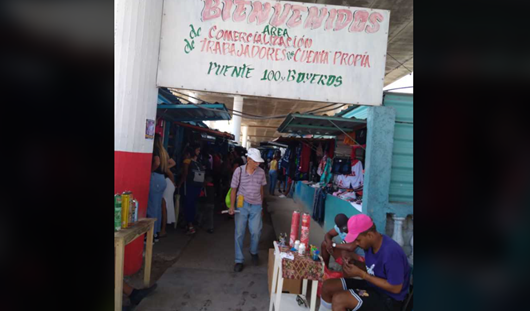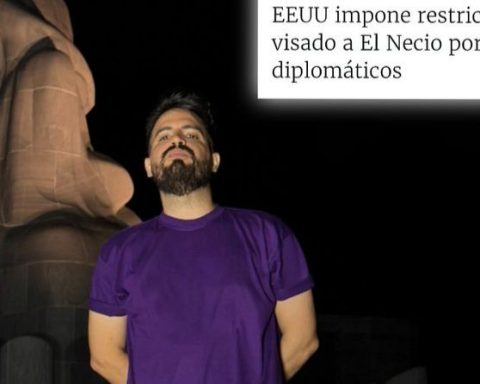HAVANA, Cuba. – The creation of the National Institute of Non-State Actors has dispelled the hopes of those who thought that these forms of management (self-employed workers, members of the SMEs and non-agricultural cooperatives) could count on some margin of independence in their operations.
The announcement of the creation of this entity subordinate to the Council of Ministers, as well as other annexed provisions, states that “these are the rules that regulate the creation and operation of these actors, and some complementary elements such as the tax, accounting, or social security regime.”
At first glance, two limitations stand out that reduce the scope of the work of these actors, one of them related to wholesale trade. From now on, self-employed workers will not be able to provide any service to the non-state sector, while MSMEs will only be able to do so through a government entity.
The other limitation has to do with the corporate purpose of their work. It establishes that secondary activities carried out by non-state actors must be related to their main activity. This is a provision that considerably reduces the productive autonomy of these actors, and that tries to prevent the unforeseen expansion of any private business. In other words, that it can get out of the control of the government machinery.
The legislation accompanying the creation of the aforementioned institute reaffirms that the tax exemptions enjoyed by self-employed workers and SMEs at some point in their management will disappear. For example, self-employed workers will no longer be exempt from paying taxes during the first three months of their employment, while SMEs will no longer have their tax exemption during their first year of employment.
Regarding the non-validity of these exemptions, information that appeared in the newspaper Granma He stressed that “these changes will contribute to reducing the fiscal deficit and increasing tax revenues by eliminating tax benefits, which fulfilled their objective and encouraged the development of non-state actors.”
Reading this paragraph gives a full picture of the regime’s strategy with regard to non-state actors. Initially, the authorities established the aforementioned tax exemptions to encourage the work of these forms of management. But, according to the official discourse, this has already fulfilled its objective, and the time has come to stop the idyllic relationship between the State and the private sector. From now on, the emergence of new forms of non-state management will be permitted, and even the authorization for the creation of these businesses will be decentralized to the municipal level, but it will be under the principle of “every man for himself,” since the authorities will not provide any kind of protection to these ventures.
I do not want to finish without referring to the person selected to lead the National Institute for Non-State Economic Actors. This is Lazara Mercedes Lopez Aceaof sad memory for the people of Havana, because during his administration at the head of the Communist Party in the capital he dedicated himself to dismantling two of the most important agricultural markets for supply and demand, which kept the pallets well stocked with agricultural products.
I’m referring to the market of Four Paths and the one on Egido Street, in the Old HavanaWith such a history of animosity towards market relations, it is not difficult to imagine that López Acea will carry out to the letter the strict control that the regime wishes to maintain over non-state economic actors.

















